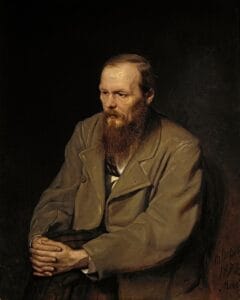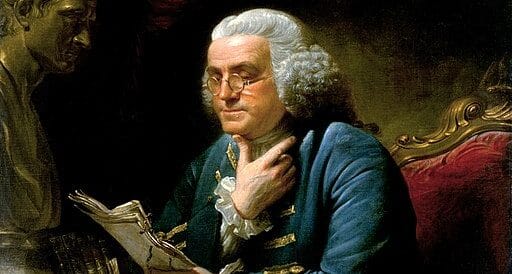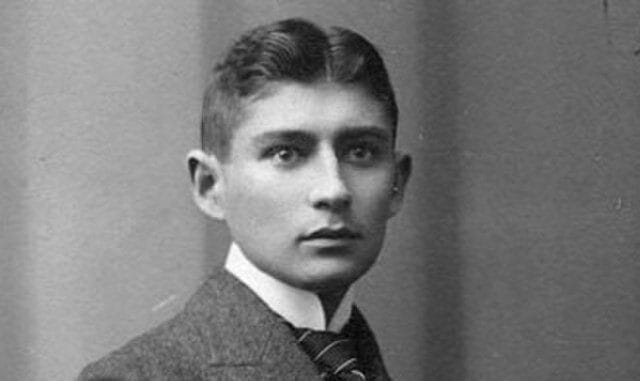Fyodor Dostoevsky: The Literary Genius Who Explored the Depths of the Human Soul
Fyodor Mikhailovich Dostoevsky was born on November 11, 1821, in Moscow, Russia, into a middle-class family. His father, Mikhail Dostoevsky, was a physician at the Mariinsky Hospital for the Poor, a job that provided a stable, yet modest, income. His mother, Maria Nechayeva, was a deeply religious woman who nurtured a sense of warmth in their otherwise strict household.

A Childhood Marked by Contrasts
Growing up, Dostoevsky experienced both the rigid discipline of his father and the gentle, loving nature of his mother. His father was known for his authoritarian ways, a man of intense moods who demanded obedience. This had a lasting impact on young Fyodor, shaping his early perceptions of authority, justice, and suffering. His mother, on the other hand, introduced him to literature, reading him stories from the Bible and Russian folktales. These early encounters with storytelling planted the seeds of a lifelong passion for literature.
At the age of 15, his life took a devastating turn—his mother passed away from tuberculosis. This loss shattered him, leaving a void that would echo throughout his life and writing. Soon after, his father enrolled him in the Nikolayev Military Engineering Institute in St. Petersburg, hoping he would secure a practical and stable career. But Dostoevsky’s heart was never in engineering. His soul belonged to literature.
A Mind Drawn to Literature and Philosophy
Despite his military studies, Dostoevsky secretly immersed himself in literature and philosophy. He devoured the works of Shakespeare, Goethe, and Schiller, finding in them a reflection of his own restless thoughts. It was during these years that his fascination with human psychology and existential dilemmas began to take shape.
Then, another tragedy struck. In 1839, while Dostoevsky was still a student, his father died under mysterious circumstances. Some reports suggest he was murdered by his own serfs, an event that deeply disturbed Dostoevsky. Whether or not this was true, the loss of his father had a profound psychological impact on him. He suffered from intense dreams, and some scholars believe this may have triggered the onset of his epileptic seizures.
Despite his father’s dreams of a military career for him, Dostoevsky made a bold decision. He chose to follow his literary ambitions. At the age of 24, he published his first novel, Poor Folk (1846), a deeply empathetic portrayal of poverty and hardship. The book received critical acclaim, with literary critic Vissarion Belinsky hailing him as Russia’s next great writer. Overnight, Dostoevsky became a literary sensation.
From Early Fame to Crushing Failure
But fame can be fickle. His next novel, The Double (1846), a psychological exploration of identity and madness, left readers puzzled. It was not well received, and suddenly, the literary world that had embraced him seemed to turn away. The disappointment hit him hard. He doubted himself, struggled financially, and found himself seeking solace in intellectual circles that debated radical ideas about politics and freedom.
Dostoevsky’s growing interest in social and political reform led him into dangerous territory. In 1849, he became involved with the Petrashevsky Circle, a group of intellectuals who criticized the Russian government and discussed ideas of democracy and revolution. Tsar Nicholas I, wary of any form of dissent, ordered the arrest of the entire group.
Dostoevsky was sentenced to death.
A Brush with Death That Changed Everything
On December 22, 1849, he stood in front of a firing squad, awaiting execution. The horror of those moments was unbearable. Then, just as the order was about to be given, a messenger arrived with a last-minute reprieve from the Tsar. The execution had been a cruel performance, meant to terrify the prisoners. His sentence was commuted to four years of hard labor in a Siberian prison camp, followed by forced military service.
The experience left an unshakable mark on him. He later described the agony of waiting for death in The Idiot, where Prince Myshkin speaks of the terror of an impending execution. This moment reshaped his entire worldview, deepening his belief in the redemptive power of suffering and faith.
Siberia: A Crucible of Transformation
Life in the Siberian prison was brutal. He endured freezing temperatures, hunger, and the company of hardened criminals. Yet, rather than breaking him, the experience transformed him. He found himself drawn to the faith of the simple people around him, embracing Orthodox Christianity with newfound conviction. Unlike many of his fellow prisoners, who became embittered against the Tsarist system, Dostoevsky developed a belief in the moral strength of the Russian people.
After his release in 1854, he was sent to serve as a soldier in Kazakhstan. Though his health suffered, he slowly regained the ability to write again. By 1859, he was finally allowed to return to St. Petersburg.
Love, Loss, and a Lifelong Struggle
Dostoevsky’s personal life was as turbulent as his literary career. He married his first wife, Maria Dmitrievna, in 1857, but their marriage was troubled from the start. Maria was often ill, and the relationship was marked by emotional distance. When she passed away in 1864, followed by the death of his beloved brother Mikhail, Dostoevsky was plunged into despair.
During this time, he developed a severe gambling addiction, which worsened his financial troubles. He lost large sums at European casinos, often leaving himself and his family destitute. It was during one of these desperate periods that he met Anna Grigoryevna Snitkina, a young stenographer hired to help him complete The Gambler. They fell in love, and in 1867, they married. Unlike his first marriage, Anna provided him with the emotional and financial stability he desperately needed. She took control of his finances, helping him overcome his gambling addiction and allowing him to focus entirely on writing.
A Literary Titan’s Greatest Works
Dostoevsky’s later years saw the creation of his most profound and enduring works. Crime and Punishment (1866) cemented his place in literary history, exploring guilt, morality, and redemption through the tormented character of Raskolnikov.
He followed this with The Idiot (1869), a novel that examined the struggle of pure goodness in a corrupt world. Then came Demons (1872), a chilling critique of political extremism, and finally, The Brothers Karamazov (1880), a monumental work that explored faith, free will, and the nature of God.

The Final Years and an Unshakable Legacy
Despite his literary triumphs, Dostoevsky’s health continued to decline. He suffered from frequent epileptic seizures, and financial struggles never fully left him. Yet, in his final years, he was widely recognized as a literary and philosophical giant. His death on February 9, 1881, at the age of 59, was mourned across Russia. Thousands attended his funeral, honoring a man who had delved into the deepest corners of the human soul.
His influence on literature and philosophy remains immeasurable. Writers like Franz Kafka, Albert Camus, and Jean-Paul Sartre drew inspiration from his work. Nietzsche admired him, calling him “the only psychologist from whom I have anything to learn.” His novels shaped the fields of existentialism and psychoanalysis, with even Freud acknowledging the depth of his psychological insight.
His words continue to resonate across generations, offering profound reflections on love, suffering, redemption, and the human condition. Fyodor Dostoevsky was more than a writer—he was a seeker of truth, a chronicler of the human soul, and a voice that will never be silenced.


